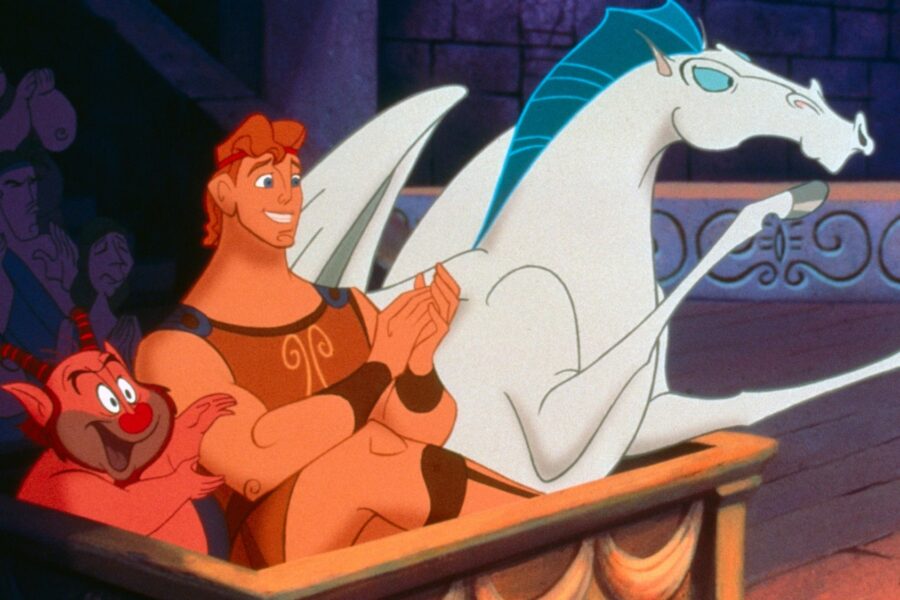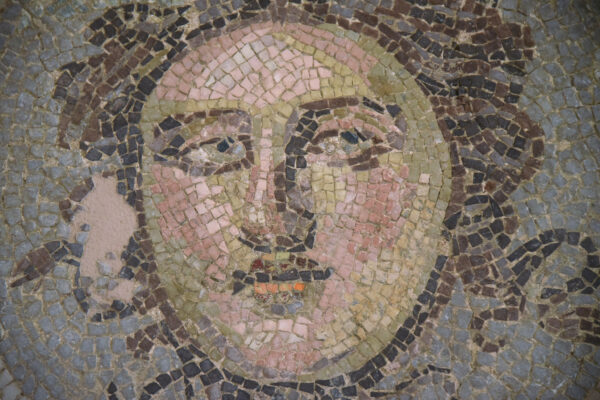
Ancient Greece and Rome have inspired filmmakers since the dawn of the Age of Cinema. Their gripping mythology has appeared in numerous renditions of Clash of the Titans, Hercules (Disney or otherwise), and Percy Jackson, and more subtlety in films such as O Brother Where Art Thou and Cold Mountain. Their history and culture lie behind movies such as Gladiator, 300, Pompeii, and any of the numerous depictions of the “Fall of the Roman Empire.” Before that, the myths and cultures of the ancient Mediterranean inspired operas (enough to have their own Wikipedia category) and plays (Romeo and Juliet, Julius Caesar, Antony and Cleopatra, to just name a few of Shakespeare).
This deep connection with performance is understandable, given that it was the worlds of Ancient Greece and Rome that gave birth to theater as we know it today. Theater emerged in Athens (Greece) in the 6th century BCE. Within two centuries it had blossomed into a public discussion platform not only for entertainment, but also for exploring pressing social concerns such as the lives of women, the rights of tyrants, and the will of the gods—all within mythological stories that would become some of the best known of all time.
CLAS-C 321 presents an exploration of the social impact of performed stories, both in and about the ancient world. It traces the development of theater in Ancient Greece and Rome, as a window into societies, ancient and modern. The course examines the role of theater in ancient lives, and how those ancient lives have come to be portrayed on screen. The course examines the evidence for theater throughout the centuries as unique opportunities to address fascinating topics including:
- the lives of marginalized social groups, including women, children, the poor, and the enslaved
- religious belief and practice
- the development of entertainment as a social force
- and more!!
Most importantly, you will learn to think critically about important questions: How was ancient society organized? How did they struggle with and debate important social issues? Why do Greek and Roman societies and their myths continue to fascinate us today? How does entertainment shape the way we see such societies, and our own?
Want to explore how this course connects with the modern world? Check out our blog posts inspired by this course.
Fun Facts:
- offered in hybrid format
- can be applied to the Classical Studies Minor and the Communications Certificate in Theater and Performance
- 3 credits
Coming Next: Spring 2025
Recent Offerings
spring 2023
- hybrid TR 10:30 – 11:45 AM (Dr. Elizabeth Thill)


